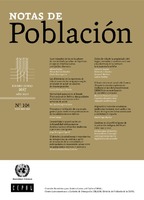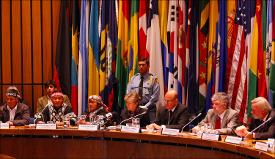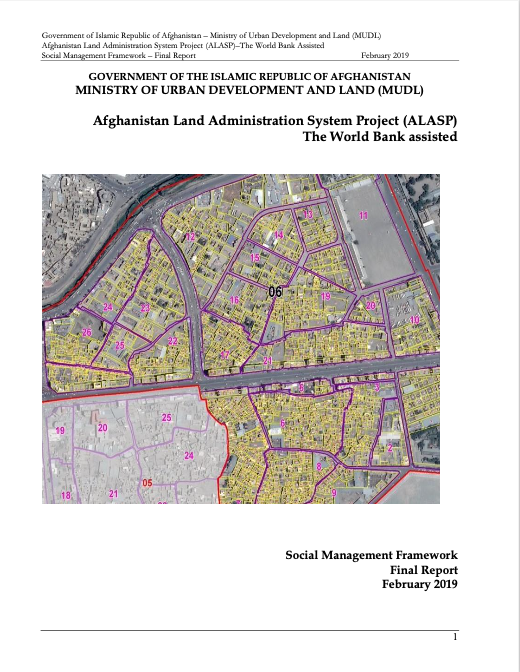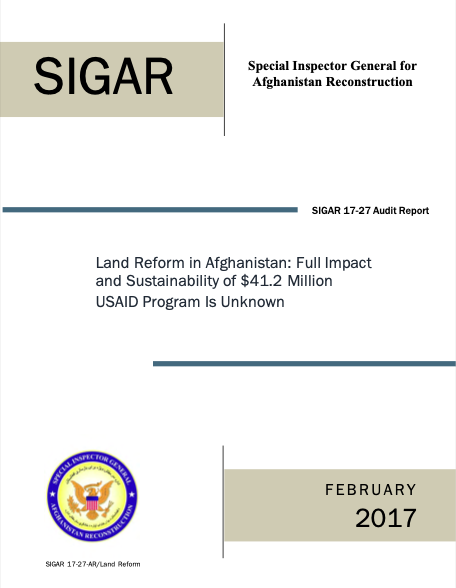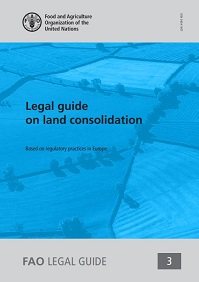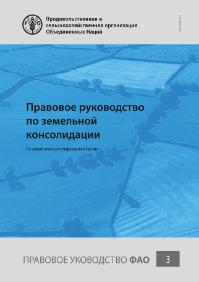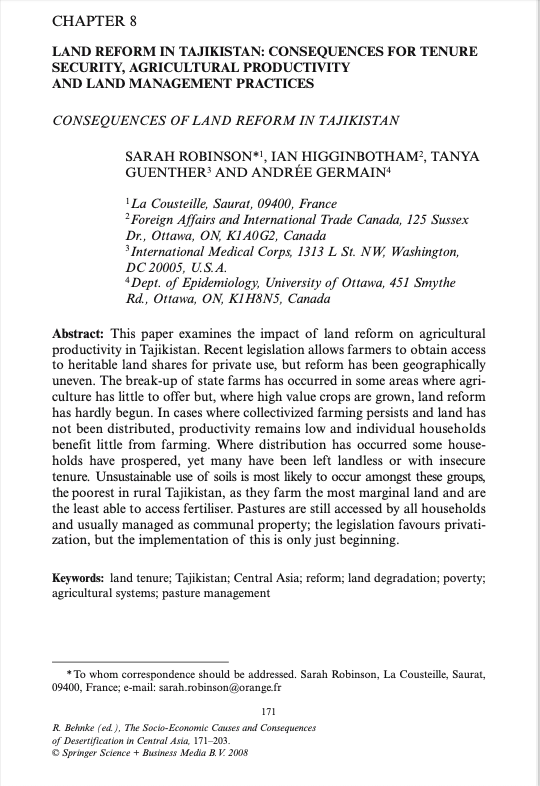Notas de Población Vol. 44 N° 104
En esta edición se tratan diversos temas afines al campo de los estudios de población, que siguen el enfoque multidisciplinario y ratifican la inclusión de la perspectiva regional de esta publicación. Se cuenta con el valioso aporte de reconocidos especialistas y sus investigaciones originales enfocadas a distintos países: Argentina, Bolivia (Estado Plurinacional de), Brasil, Ecuador, México y Uruguay. Además, se incluye un artículo sobre la presencia de latinoamericanos y caribeños en España y dos trabajos más cuyo universo de estudio es América Latina y el Caribe.

